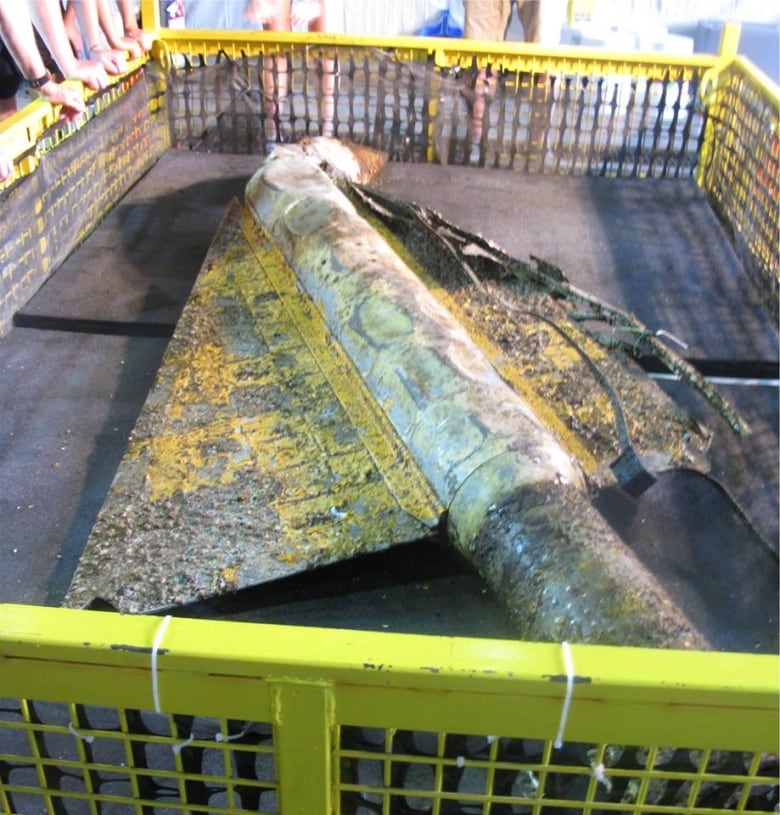Tim Worstall on the recent cancellation of two large Chinese infrastructure projects in Malaysia:
A working mantra of our times is that we should all be building much, much, more infrastructure. And that it should be government telling us where and what should be built, even going and building it. All of which rather runs into that brick wall of what is happening with China’s Belt and Road Initiative.
Yes, it’s entirely true that the old Silk Road was a useful and enriching trade route. It’s equally obvious that other trade routes have had the same effect, enriching. That is not though the same as the statement that building a trade link enriches. A trade route which is used does, one that is built still has to be used to enrich anyone other than the constructors who make off with their pay. The measure of whether the Belt and Road Initiative enriches is whether it is used, not whether it is built.
This being something that the planners in China have forgotten. Just as our own home grown ones fail to note our own past problems. The Humber Bridge never even paid back the cost of building it, let alone the interest upon it. Infrastructure doesn’t, necessarily, pay for itself. It is that upon which grand plans fail.
[…]
That it’s too expensive means that it’s not going to make money, not even meet its construction costs. And therefore it shouldn’t be built anyway, should it? Why spend more to build a railway than the benefit to be gained by having a railway? That’s just a waste of resources.
All of which is useful for our own infrastructure fetishists. It’s only if the new stuff is used that it can be worth building it. So, only build that which will be used, not whatever crosses those pretty little synapses of yours. Why, we might even insist that private economic actors put their own money at risk in order to concentrate minds on that very issue, of whether what is to be built will get used. Leave government planning out of it that is, in order to see what is worth building.




